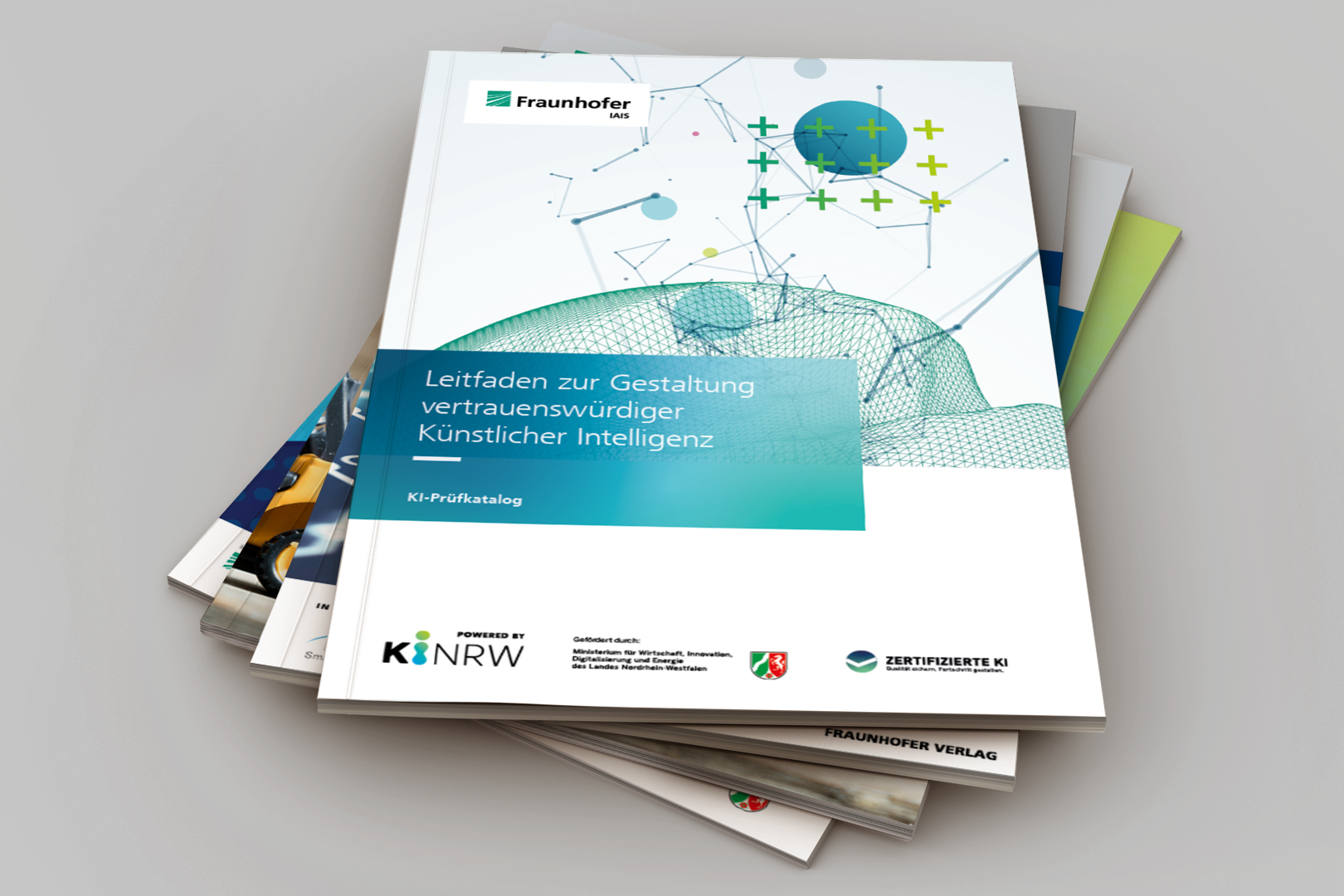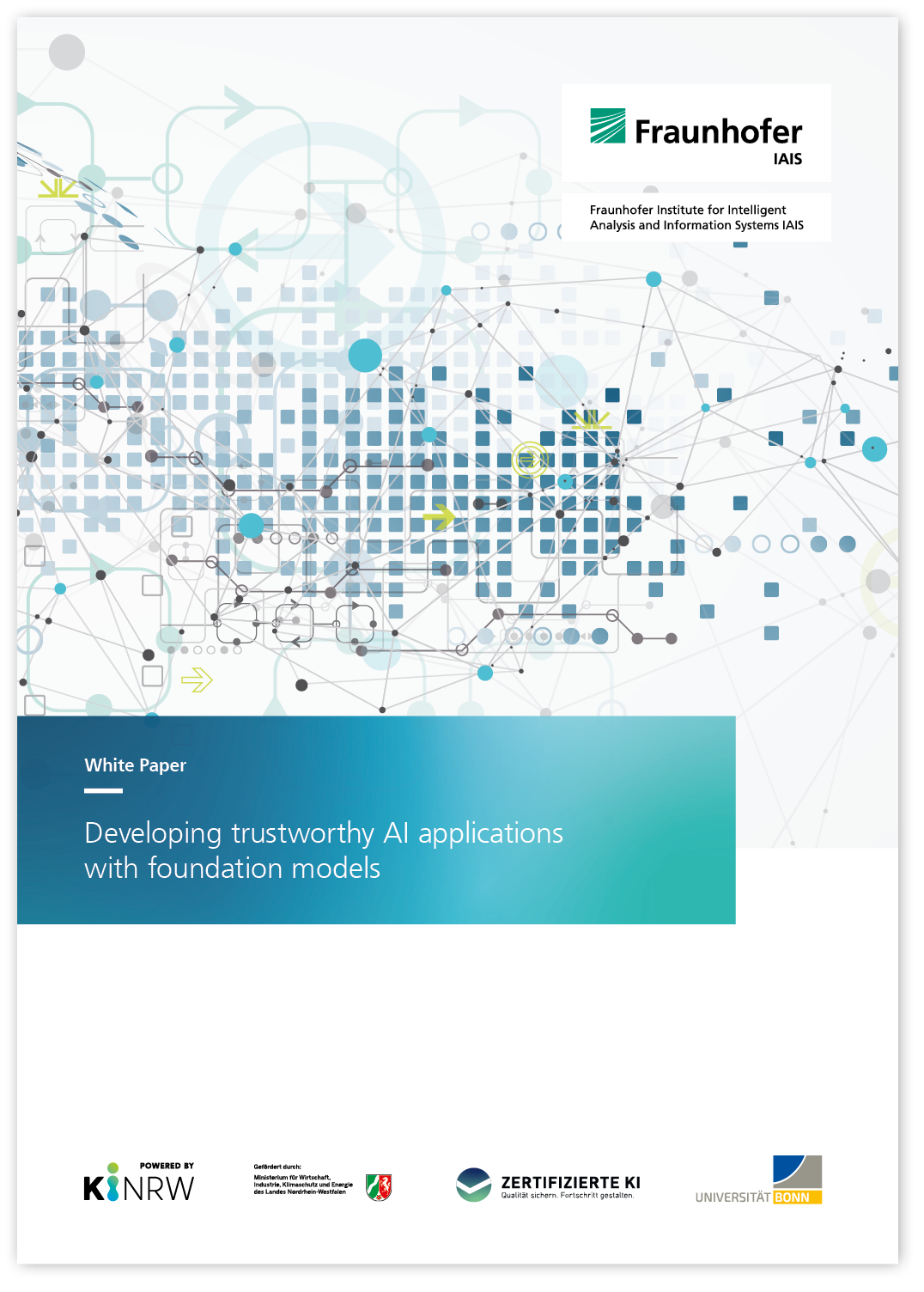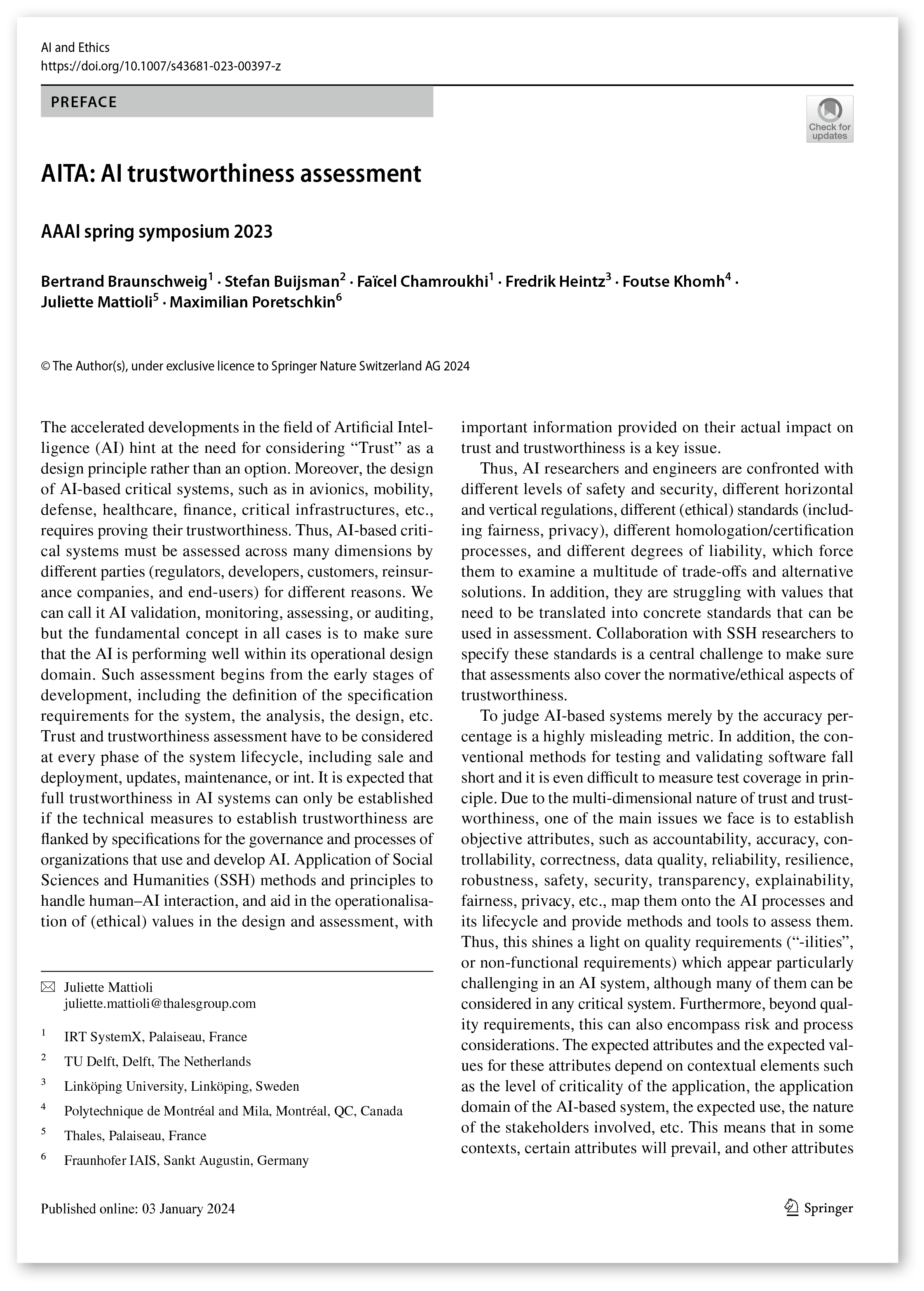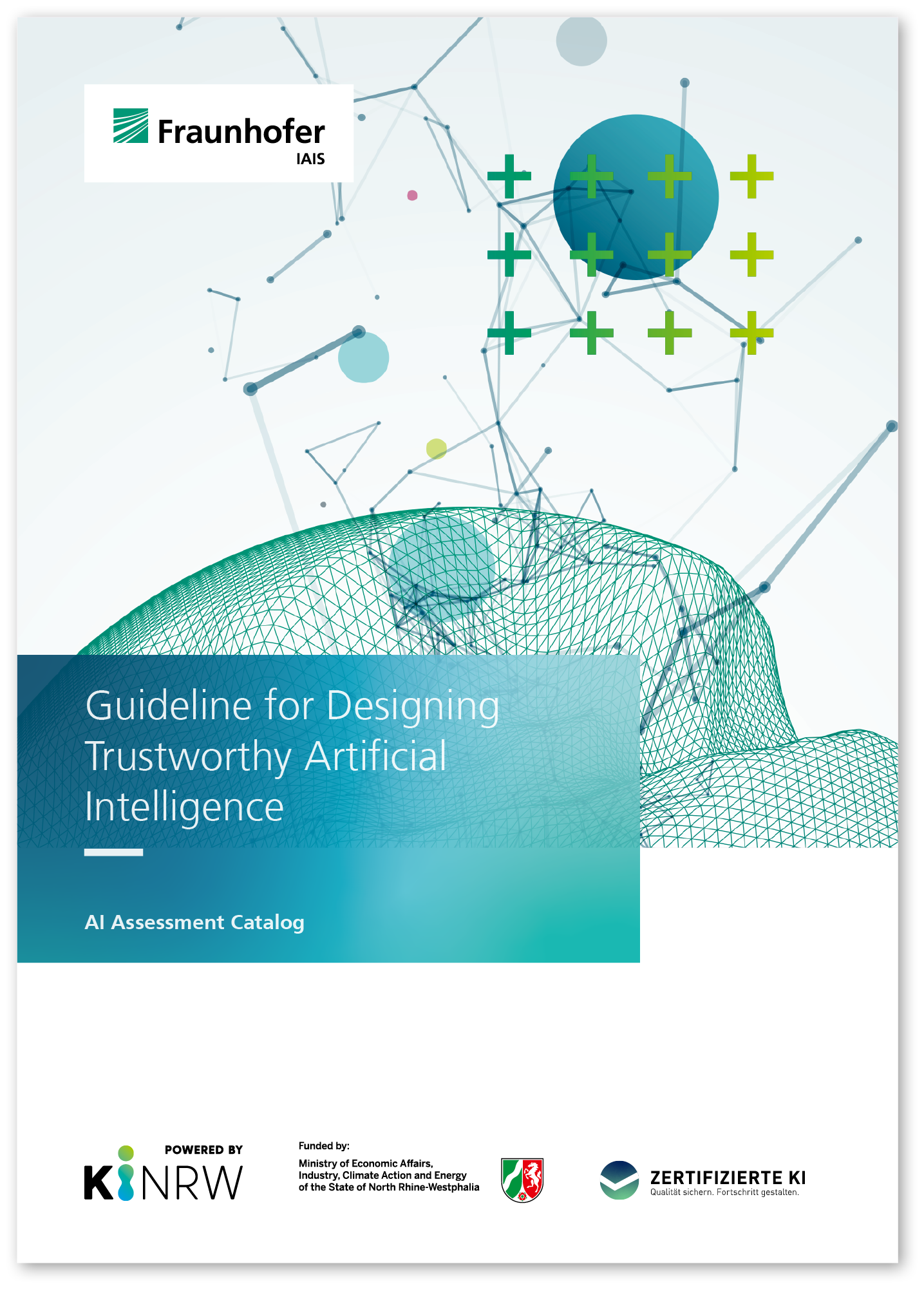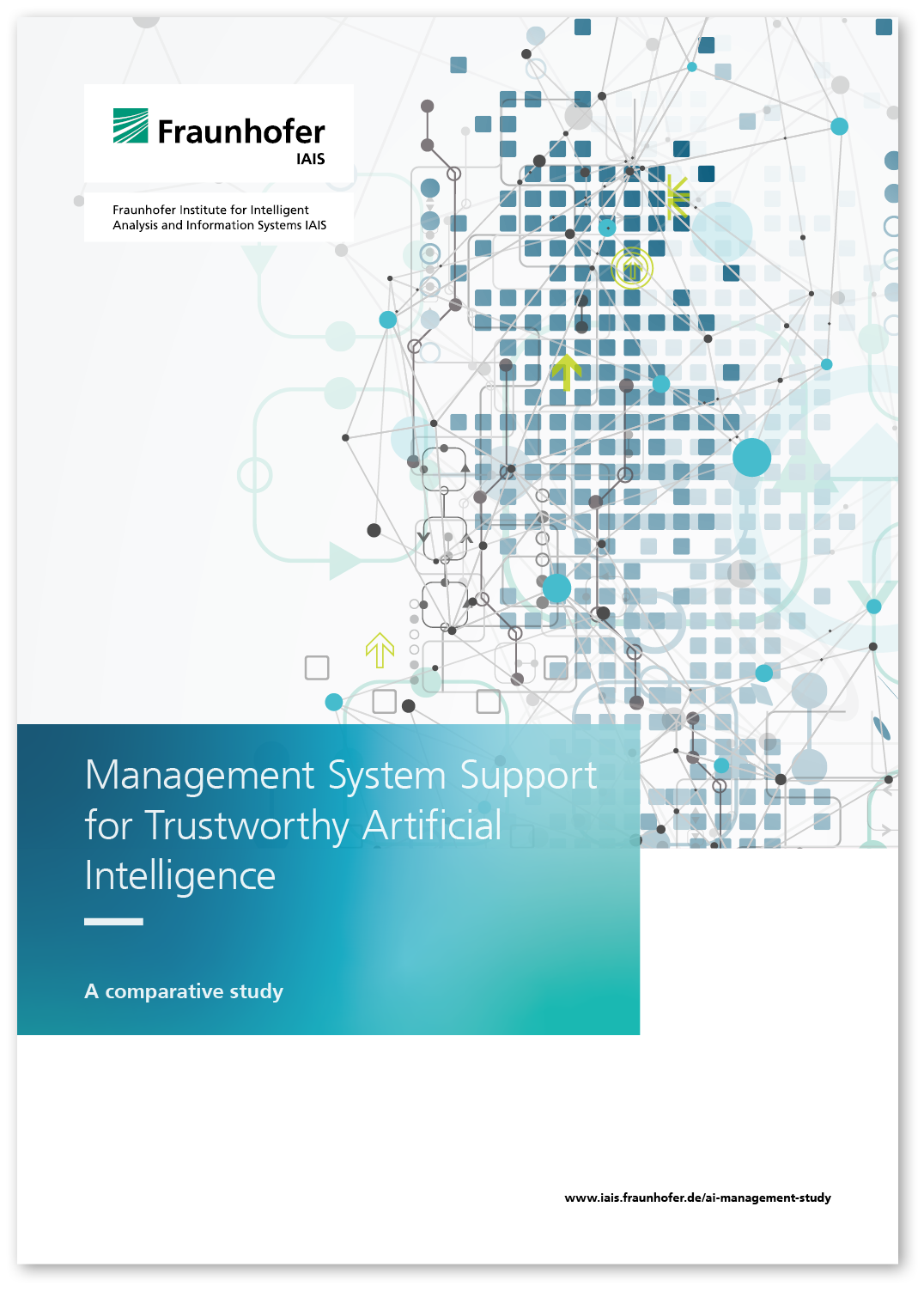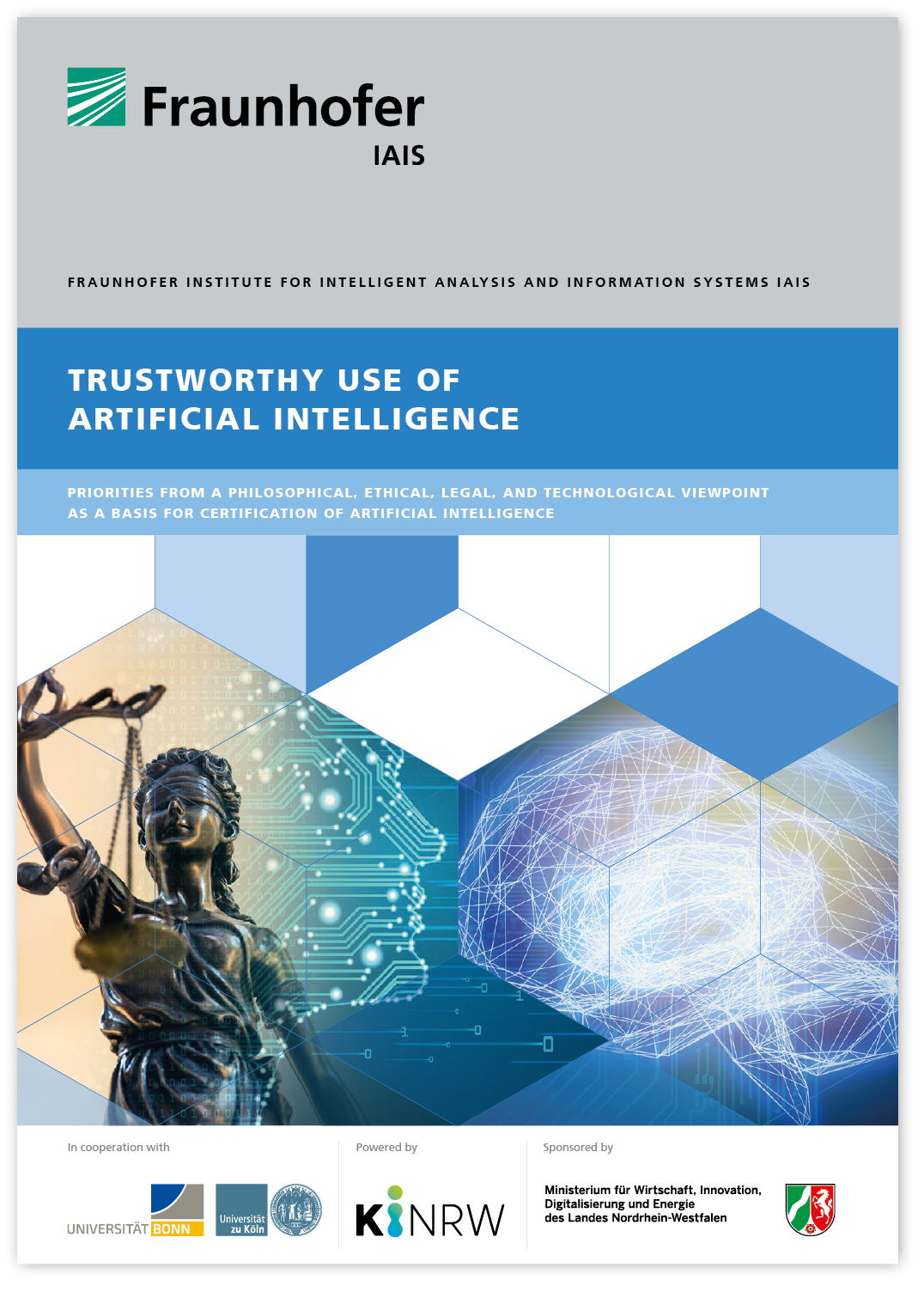In our studies and white papers, we describe the latest scientific findings on topics such as digitalisation, artificial intelligence, machine learning and quantum machine learning. True to our approach of application-orientated research, we place particular emphasis on possible applications, examples and guidelines for companies. Our publications are all available free of charge, although some require a short registration process.
